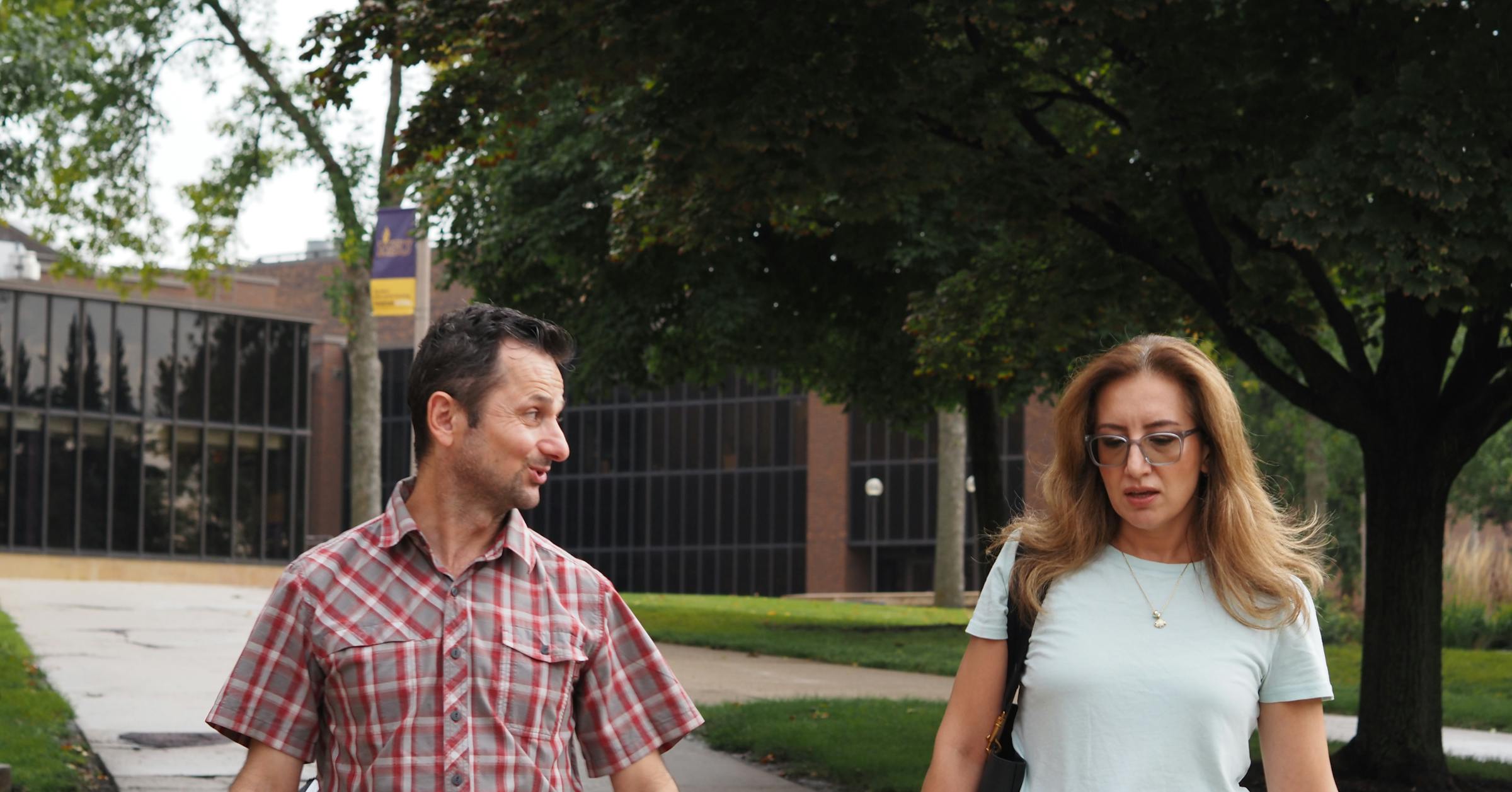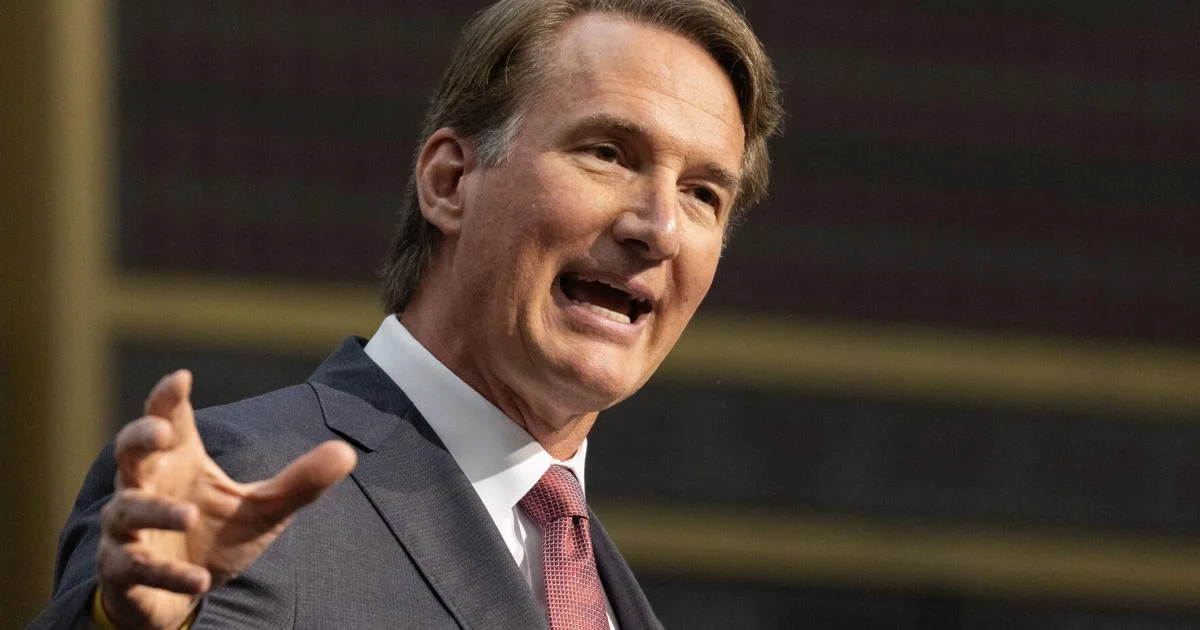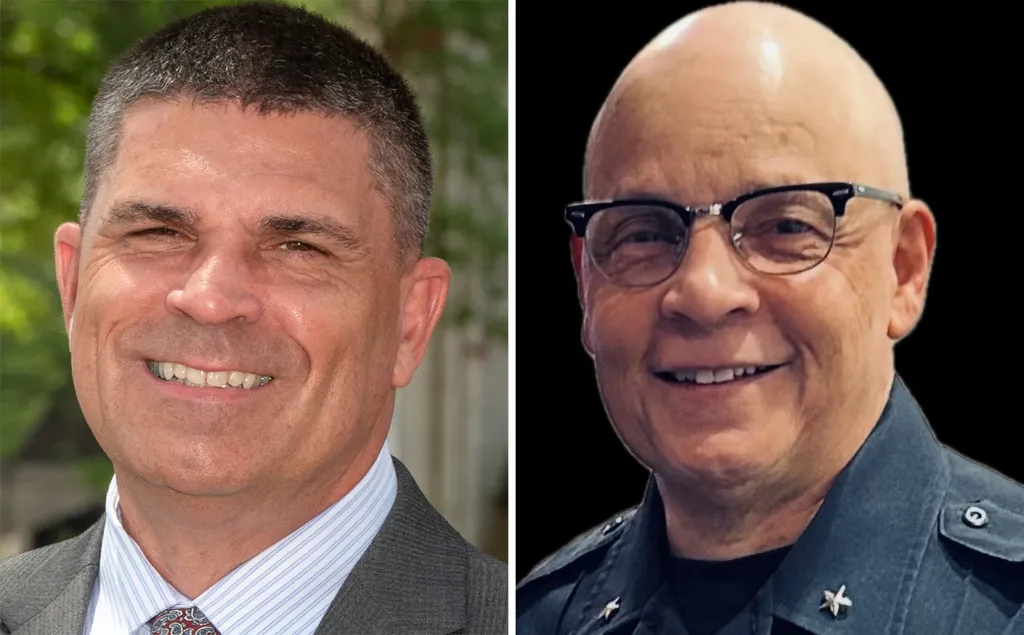
“A lot of places have long since had this divide between getting an education and getting a job,” said Felix, an education consultant and the author of “The Connected College: Leadership Strategies for Student Success.”
“It was almost demeaning to talk about a career when really the point of college to them was figuring out who you are, shaping your identity, becoming a good critical thinker, becoming a good communicator, becoming a good collaborator,” he said, adding that schools are finding it harder to maintain that position because more students and families are looking for a tangible return on their investment of time and money in college.
Faculty members have responded by accusing the university, which recently raised tuition by 8% and cut more than 100 courses, of attempting to “dismantle” tenure when the school is not dealing with a known budget deficit. The cuts would also disproportionately impact faculty of color who comprise the bulk of the layoffs and are important to a diverse student body, said Sherrise Truesdale-Moore, a professor in the school’s criminal justice department and president of the Faculty Association.
“When we look at things as a business, we also sacrifice quality,” Truesdale-Moore said. “If we run it as a business, then you are also going to cheapen the quality of education that you’re giving the students.”
It’s a concerning development as schools across the country attempt to reinvent themselves amid a quagmire that’s turned some programs into dead ends as the job market transforms and the cost of living goes up. I acknowledge that challenge for my alma mater and other schools, but I also haven’t heard enough from them about the value of a college experience and the investment it demands.
Cutting courses, firing tenured staff, pressuring faculty and talking like a Fortune 500 company instead of a university is more discouraging than appealing. I am hopeful that my daughter will enjoy a great career after college. More than professional success, however, I want her to have the experience I enjoyed.
I’ll be honest: I don’t remember most of the stuff that happened in a classroom during my time in Mankato. I can’t recall all of the lessons, assignments or term papers. But I remember the relationships, the connection, the community and the fun.
The ethnic studies professor who challenged me to see the world through a wider lens. The gender studies professor who told me during a summer women’s studies course that I should listen more and talk less. The journalism professor who said I needed to take my education more seriously. The Friday night fish fries at Calvin’s house. The late nights at the school paper. The long hours in the library toward the end of each semester. The crowd at football games. The parties at the bottom of the hill and the endless trek back up the hill after those parties ended.
That’s what I want my daughter to get from her collegiate experience (without the parties, of course), and it’s also what schools must recognize about their impact, despite the hurdles ahead.
“We spend too much time talking about where to go to college and not enough time talking about how to go to college,” Felix said. “And there is all this evidence that how you go matters generally more than where you go. So it is things like finding a mentor, doing those real-world projects in your classes, finding a sense of belonging, getting involved, which can be a job, or it can be a club or doing an internship, and building a network.”
Yet, schools like Minnesota State, Mankato are also facing a dilemma that’s unique at an uncertain time. While larger institutions have managed to maintain their brands with the abundance of resources at their collective disposal, it’s a different scenario for the universities that do not have the same access to those coffers. Still, any school in that position should never ignore its first priority: its people.
“If there is one thing that retrenchment does on every campus is, it breaks down the trust that faculty have in the administration, that students have in the administration, sometimes that the community has in the administration,” said Jennifer Chernega,president of the Inter Faculty Organization (IFO) “And it makes it very hard to regain that trust, like a lot of businesses.”
I don’t think anything about Minnesota State, Mankato’s circumstances is easy right now. But these meetings about cutting costs and adapting to a new world in higher education should also center on the actual day-to-day experiences of any current and prospective student and the people who will teach them.



